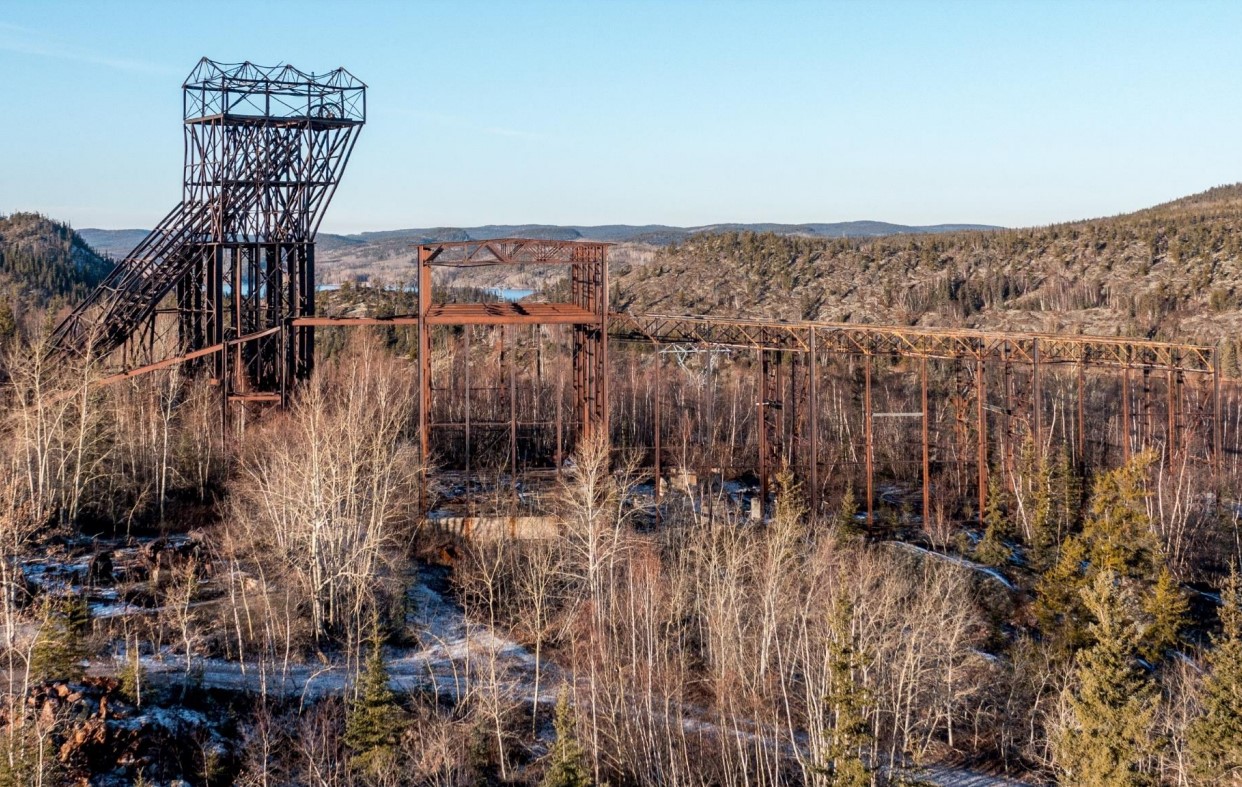Mexico steps up security

Officers from Mexico’s Federal Protection Service in training Credit: Federal Protection Service
Mexico has long been a top mining jurisdiction, but with the country’s mineral bounty comes heightened security risk from organized crime.
That risk was underlined with a string of robberies that took place between last November and April of this year. Those attacks included the theft of gold and silver doré bars in transit from Fresnillo’s Noche Buena mine in November and its Penmont mine in March, and an audacious robbery of Alamos Gold’s Mulatos mine in March that reportedly took less than 10 minutes.
In the wake of these incidents, the federal government has responded to pressure to step up security, putting in place a new police force specially trained to protect mining operations.
In September, Mexico’s Federal Protection Service (SPF), part of the federal public security ministry, graduated the first class of 118 officers specializing in the security of mining operations.
“The SPF has highly trained police officers who will now also join the care of the mining sector,” said Alfonso Durazo Montano, Mexico’s then-minister of security, at the graduation ceremony in late September. “We know that the security of these facilities is delicate and requires high specialization.”
At the ceremony, Durazo (who resigned in October to run for governor of Sonora) added that the Security Ministry, the Ministry of the Economy and the Mining Chamber of Mexico (Camimex) had worked together to create specialized security strategies for the country’s mining regions.
Many mining operations are located in remote regions and isolated communities, and the private security forces they employ lack the weaponry and logistical, intelligence and operational capacity of organized crime – read drug cartels – in these regions.
Rather than a brand new force, the SPF has added the option of mining-focused training to its regular training program. The bulk of SPF officers are tasked with protecting ministry buildings and facilities, as well as some government officials, says Alan Zamayoa, an associate analyst with consultancy Control Risks who’s based in Mexico City.
The first class of officers that graduated from the program were initially deployed in mid-October in Sonora state around the organized crime hot spot of Caborca, at Fresnillo’s La Herradura mine, with plans to train and deploy more officers to other regions in the future.
Alamos Gold, which was the victim of a well-organized and co-ordinated robbery in April – where thieves targeted doré bars that were being loaded for transport and then escaped in a light plane that landed on the mine’s airstrip – says the mining police are not currently being deployed at its Mulatos mine.
In an emailed response to questions, the company’s vice-president of public affairs, Rebecca Thompson, says Alamos has “security procedures and protocols in place that allow us to remain vigilant to maintain our operation as safely as possible, and we are using experienced, private security personnel with the support of Mexico’s military and state police institutions.”
Asked whether the company believes the mining squad could make a difference for security at the operation, Thompson responded: “As with many companies in the sector, our team in Mexico is in touch with the leadership of this new institution to discuss the scope of this initiative and implementation plan.”
The company was aware of the initiative before it was launched.
“The issue of security was a subject increasingly raised by the mining sector to the former Undersecretary of Mines, Francisco Quiroga, and this was an initiative that he supported and promoted to our sector, in partnership with the public security institutions,” Thompson said.
(CMJ also approached Fresnillo for comment but did not receive a response.)
Notably, the introduction of a specialized police force for the mining sector comes under Mexico’s left-of-centre President Andres Manuel Lopez Obrador, who hasn’t been friendly to mining companies and has gone so far as to prohibit the issuing of any new mining concessions.
“His relationship with the sector is not great, but with all this pressure from these incidents, his administration decided to create this mining police corps.” Zamayoa said.
Still, Zamayoa added the size of the force is unlikely to make much of a difference for mining companies and the 270 plus mining operations in Mexico.
In addition, it’s not clear what their strategy will be to tackle crime targeting mining enterprises, Zamayoa said. In line with overall security policy in Mexico, however, he said it’s likely that the force will be deployed as incidents happen, going from hot spot to hot spot.
Of course, security risk is not equal across Mexico. The priority areas for the deployment of the mining police are Guerrero, Jalisco, Chihuahua, Sonora, Durango, San Luis Potosi and Coahuila, according to the newspaper El Pais.
While no detailed plan for the rollout of the specialized squad has been announced, the former Security Minister Durazo said in October that in addition to expanding the force to provide security at more operations, the goverment also plans to extend the program to cover ports and airports – targeting recruitment of up to 50,000 officers over six years. According to Mexico Business, Durazo said the expansion that would be funded through service fees paid by companies.
However, Durazo’s resignation, as well as the transfer of a newly created police agency called the National Guard to military control from the Security Ministry in October, casts uncertainty on the future of the mining police, Zamayoa says.
“With these two changes, it is unclear whether the mining police will continue to increase in number or will still be operating because several mining companies have a good relationship with the army,” he says. “So it will be interesting to see – their relationship with mining companies may overlap or there could be competition between them to provide services.”
The good news is that despite the high-profile nature of the recent robberies, Zamayoa says it doesn’t appear that mining companies are being targeted more. Rather, the attacks are more of a function of the overall criminal activity in any local region.
“Attacking a mining site might be attractive for organized crime groups, but it is highly likely that such an attack would be translated into a reaction from the government, particularly from the central government – either the military or the National Guard, or now these mining police,” something that criminal groups would rather avoid, Zamayoa said.





Comments